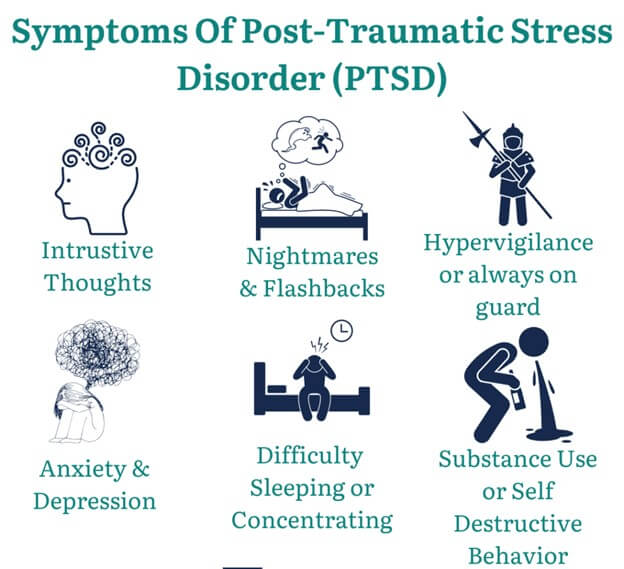A nurse in an acute mental health unit is caring for a group of clients. For which of the following clients is seclusion contraindicated?
An adolescent client who throws objects at other clients
An older adult client who is manic and crying due to overstimulation
A school-age client who attempts to repeatedly bite staff
An adult client following a suicide attempt
The Correct Answer is D
A. An adolescent client who throws objects at other clients:
Explanation: Seclusion is contraindicated for this client due to safety concerns. The behavior of throwing objects at others indicates a potential danger to both the client and others in a confined space. Placing the client in seclusion could escalate the situation and potentially lead to further harm.
B. An older adult client who is manic and crying due to overstimulation:
Explanation: Seclusion might be contraindicated for this client as well. Older adults experiencing manic behavior and emotional distress could be further traumatized by seclusion. Alternatives like providing a calm and soothing environment, along with appropriate medications, might be more beneficial for this client.
C. A school-age client who attempts to repeatedly bite staff:
Explanation: Seclusion is a potential option for this client. The repeated attempts to bite staff pose a risk of physical harm to both the client and staff members. Seclusion might be used as a last resort to ensure the safety of everyone involved.
D. An adult client following a suicide attempt:
Explanation: Seclusion is generally contraindicated for clients who have attempted suicide. Placing them in isolation can worsen feelings of despair and isolation, potentially increasing the risk of self-harm or suicide. These clients require close monitoring, support, and therapeutic interventions to address the underlying issues.
Nursing Test Bank
Naxlex Comprehensive Predictor Exams
Related Questions
Correct Answer is B
Explanation
A. A client exhibiting psychotic behavior
Group therapy is generally not recommended for clients who are actively exhibiting psychotic behavior. Psychotic behavior can include hallucinations, delusions, and severe thought disturbances, which might impede the individual's ability to effectively participate and benefit from group therapy. Such clients often require more immediate and individualized attention to address their acute symptoms.
B. A client who has been taking amitriptyline for 3 months for depression
This is the correct choice. A client who has been taking amitriptyline for 3 months for depression is likely to have their symptoms more stabilized and under better control compared to acute situations. They might be at a stage where they can engage in group therapy to discuss their experiences, coping strategies, and learn from others in a similar situation.
C. A client who is experiencing alcohol intoxication
Group therapy is not appropriate for clients who are currently intoxicated, as their ability to actively participate and engage in therapeutic discussions may be compromised. Addressing the effects of alcohol intoxication and ensuring the client's safety would be a priority before considering group therapy.
D. A client admitted 12 hours ago for acute mania
Clients admitted for acute mania often require stabilization and intervention to manage their manic symptoms. In the early stages of admission, they might not be in a state conducive to group therapy. Once their acute symptoms are better controlled and they have had time to stabilize, they could potentially benefit from group therapy as part of their overall treatment plan.
Correct Answer is C
Explanation
A) "My child was born with a birth defect due to an exposure I had overseas."
This statement does not directly relate to the core symptoms of PTSD. While exposure to trauma can have a variety of consequences, including potential exposure-related health issues, this statement does not necessarily indicate the re-experiencing, avoidance, or hyperarousal symptoms characteristic of PTSD.
B) "I check any room I enter because the enemy is still after me and could be hiding anywhere."
This statement is more indicative of hyperarousal and hypervigilance, which are common symptoms of PTSD. However, it does not explicitly involve re-experiencing the traumatic event through nightmares or intrusive memories, as described in the correct answer.
C) "In my dreams, all I can see are the wounded reaching out and trying to grab me."
Explanation:
The statement "In my dreams, all I can see are the wounded reaching out and trying to grab me" indicates symptoms commonly associated with posttraumatic stress disorder (PTSD). This statement reflects the re-experiencing symptom cluster of PTSD, where individuals may have distressing and intrusive memories, nightmares, or flashbacks related to the traumatic event they experienced. The imagery of wounded individuals trying to grab the person suggests a strong emotional impact and ongoing distress related to the traumatic experience.
D) "I killed four enemy soldiers with my bare hands and saved my entire battalion."
While this statement might reflect exposure to a traumatic event and could contribute to symptoms of PTSD, it is presented in a way that seems more like a narrative of heroic actions rather than a symptom of distress or re-experiencing.

Whether you are a student looking to ace your exams or a practicing nurse seeking to enhance your expertise , our nursing education contents will empower you with the confidence and competence to make a difference in the lives of patients and become a respected leader in the healthcare field.
Visit Naxlex, invest in your future and unlock endless possibilities with our unparalleled nursing education contents today
Report Wrong Answer on the Current Question
Do you disagree with the answer? If yes, what is your expected answer? Explain.
Kindly be descriptive with the issue you are facing.
